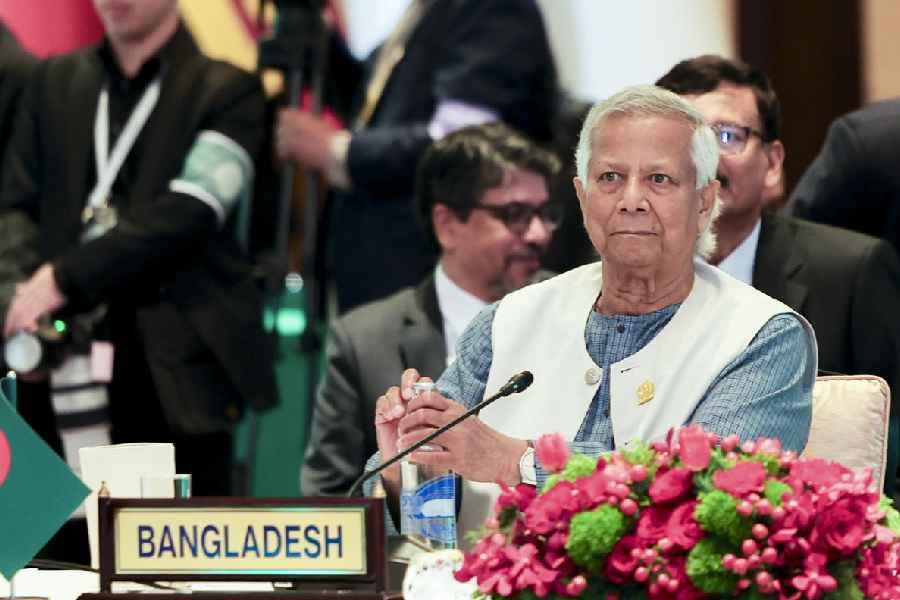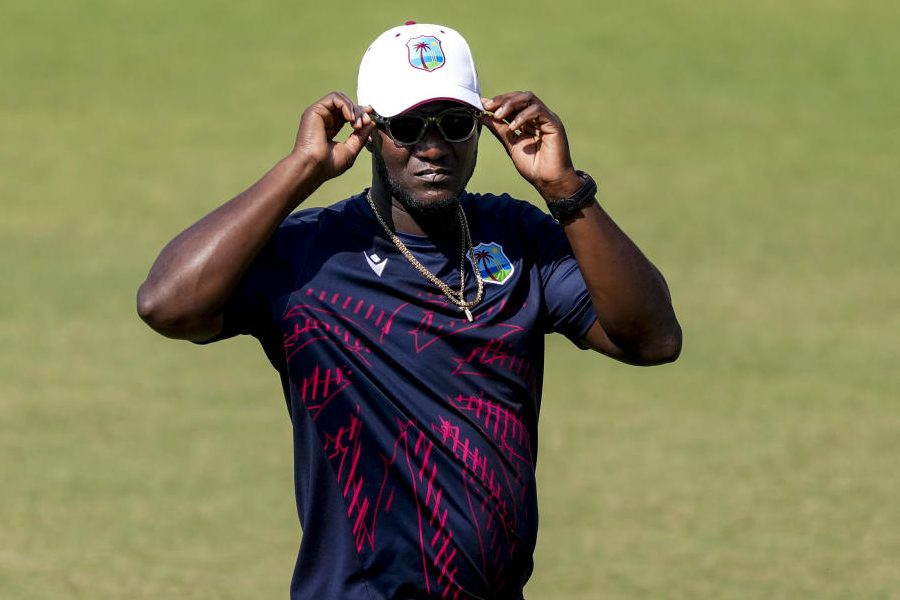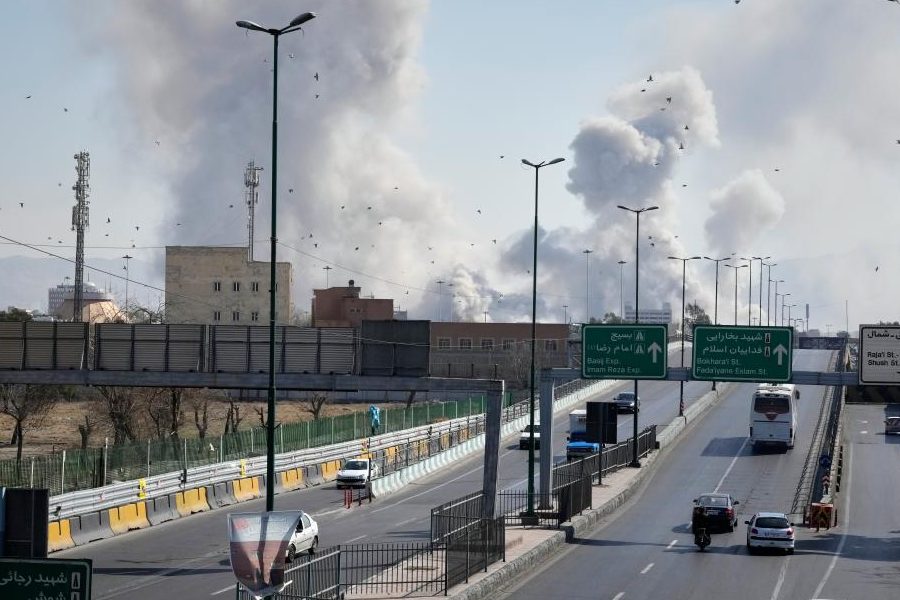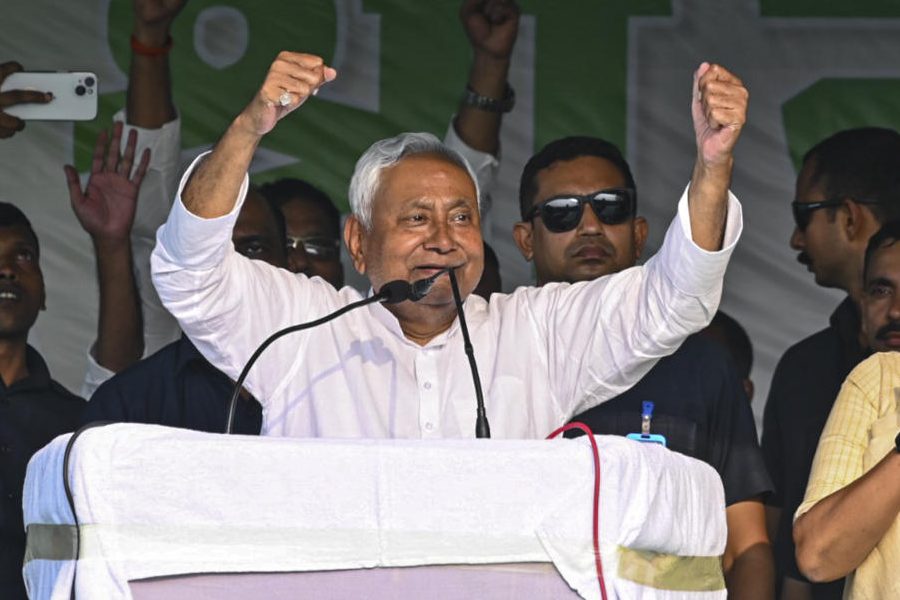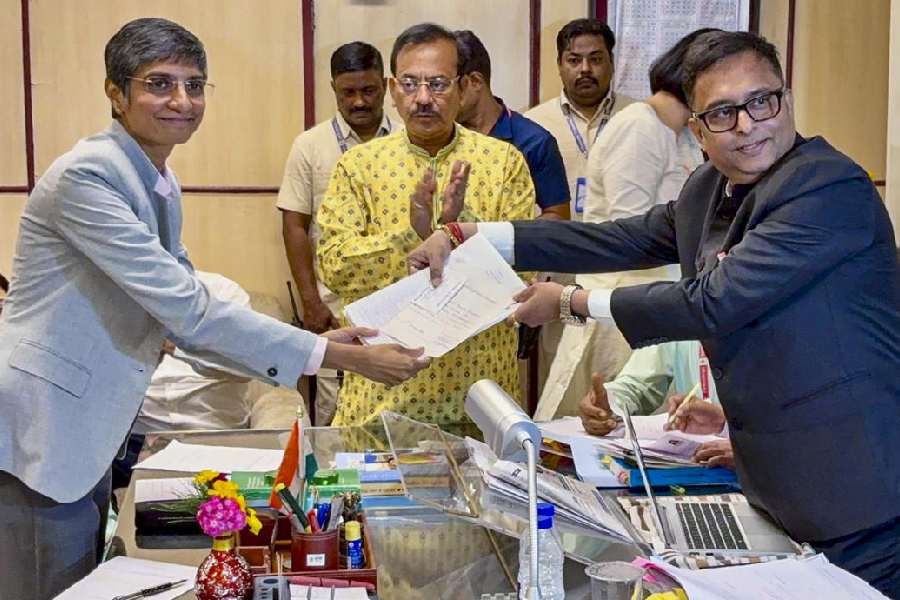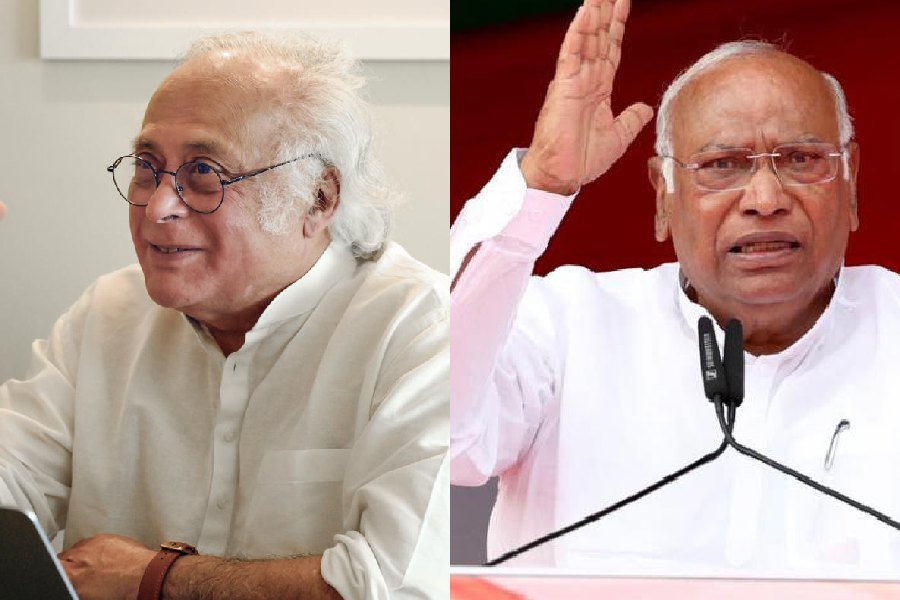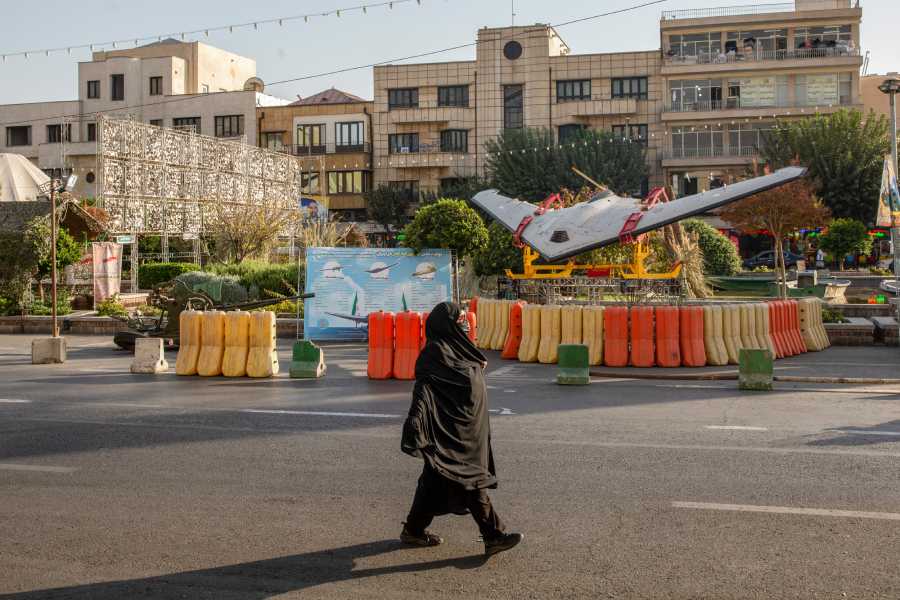Bangladesh chief adviser Muhammad Yunus has cleared the decks for the Chinese to come within 200km of Calcutta and the Pakistanis within 120km of Hasimara air force station, close to the Chicken’s Neck and the Sikkim-Bhutan-Tibet trijunction, The Telegraph has learnt.
China is set to have its footprints at the Mongla port in Khulna division, about 180km from Calcutta, a distance similar to Santiniketan’s from the Bengal capital.
It's a feather in the cap for Yunus, who got the Chinese to promise about $400 million for the port’s modernisation and expansion during his recent Beijing visit.
The announcement on the Mongla port, which is likely to jeopardise the operational rights India had on one of the terminals, came in a joint media release.
“India had resisted China’s efforts to increase its influence in the Indian Ocean for years.... Finally, the Chinese have managed and are at Calcutta’s doorstep,” an Indian strategic affairs expert said.
Yunus, who met Prime Minister Narendra Modi on the sidelines of the Bimstec summit in Bangkok on Friday, has also paved the way for the Pakistani armed forces to breathe down India’s neck close to its eastern border.
The Bangladesh air force issued an order on March 27 saying five of its senior officers would travel to Pakistan to be trained in flying JF-17 lightweight multi-role combat aircraft, developed jointly by Pakistan and China.
This is a prelude to some JF-17 aircraft getting stationed in Lalmonirhat airport in Rangpur division, about 120km from the Hasimara airbase in Alipurduar, a source in the Bangladesh armed forces said.
“For years, India was concerned about China’s presence to the north of the Chicken’s Neck (a narrow strip of land, lying between Bangladesh and Nepal, that connects the Indian mainland with parts of north Bengal and the northeastern states),” the
source said.
“Now, the Chinese will be to its south because of their entry into the Mongla port and Pakistan will be at striking distance as their fighter aircraft will be at Lalmonirhat airport.”
Several strategic affairs experts said that New Delhi’s decision to agree to Dhaka’s proposal for a bilateral between Modi and Yunus — which took place on Friday — had surprised them against the backdrop of all these developments.
“Yunus rolled out the red carpet for China, ignoring India’s concerns.… And we allowed him the opportunity to get clicked with our Prime Minister and create his narrative. This defies logic,” a veteran diplomat said.
He referred to the joint Bangladesh-China media release that also spoke about developing a $350-million Chinese Economic and Industrial Zone in Chittagong.
Dhaka’s growing bonhomie with Beijing was apparent in the release, which confirmed discussions about Chinese participation in the Teesta River Comprehensive Management and Restoration Project, which India wanted to implement because of its proximity to the Chicken’s Neck.
Beijing and Dhaka have also agreed to strengthen their exchanges on maritime affairs and hold dialogues on maritime cooperation, which may have a significant impact on the region’s geopolitics.
“We should never forget that China doesn’t come alone.… They bring the Pakistanis along and that poses a real challenge since radical Islamist elements are a part of the Yunus establishment,” another source said.
He referred to the slew of Dhaka-Islamabad official engagements lined up later this month, such as a Dhaka visit by Pakistani foreign minister Ishaq Dar and foreign secretary-level meetings.
He also underlined that Yunus — who recently had a phone conversation with Pakistani Prime Minister Shehbaz Sharif — was poised to visit Islamabad.
The source stressed the deepening of Bangladesh-Pakistan ties in the form of regular military exercises.
“This was not the right time to meet him (Yunus). And even if we concur that there was a logic, I don’t know why we treated him with kid gloves. We should have called a spade a spade and expressed our displeasure with all that is happening,” the source said.
A strategic affairs expert from Dhaka, however, had a different perspective.
“New Delhi did the right thing by agreeing to the proposal for a meeting.… This gave the Indian Prime Minister a chance to articulate the country’s stand, and he touched upon all the issues,” the expert said.
“Besides, he got a chance to gauge the mood of our chief adviser first-hand.”
The propaganda by Yunus’s spin doctors — with claims about India bowing down to him and acknowledging Hasina’s alleged misdeeds — was expected given his penchant for publicity, the expert said. “These may give him some extra coverage, but have zero value in diplomacy.”

